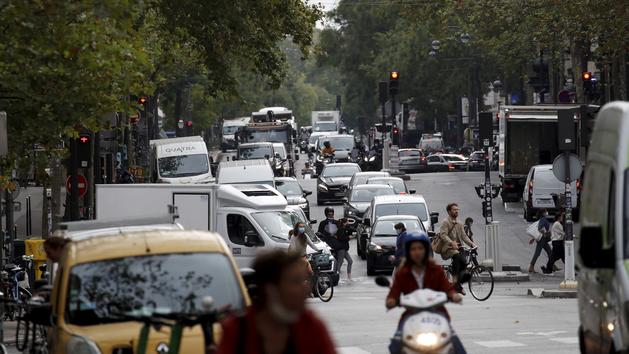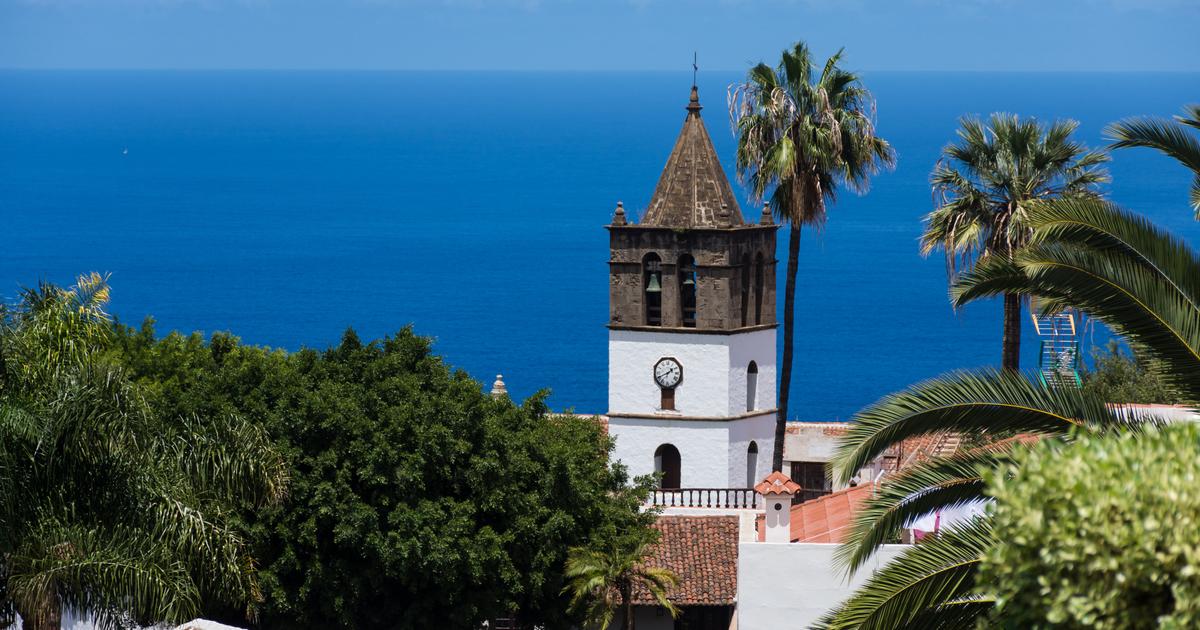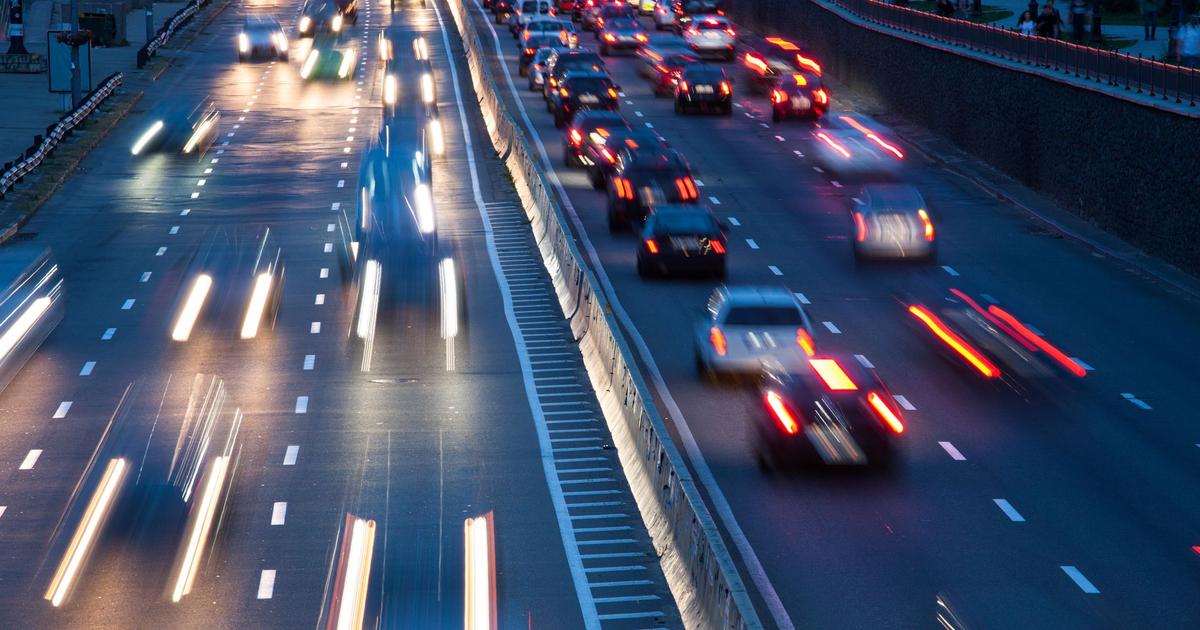It's a very French phenomenon: the automobile, we love to hate it.
But in the end, we can't do without it.
This is what reveals a study carried out by the Odoxa institute for the German manufacturer BMW with 3,000 people representing all regions.
Far from the clichés, received ideas and the posturing of a few politicians thirsty for power, the French reaffirm their attachment to the car.
The study shows the interesting fact that the French are not equal when it comes to mobility.
In the countryside where the public transport offer is almost non-existent, the car is not a luxury but a necessity.
This is why the 80 km / h on the roads, the increase in fuels in the name of the ecological transition and the stigma of diesel when it emits comparatively less CO2 than its gasoline counterpart have only done '' increase the exasperation of the French and widen the gap with an elite decidedly disconnected from the concerns of citizens.
Georges Pompidou, the last President of the Fifth Republic to defend the automobile and understand the relationship that the French population has with this mode of travel, was right when he said that we had to stop pissing off the French.
Mobility, which is a right, is one of the main areas of tension.
We know the rest.
The yellow vests movement was built on this soil.
Despite the diversity of modes of transport and means of mobility available to the French, 47% of them continue to use their car every day.
Its decline is especially spectacular in the Parisian agglomeration where the public authorities are stepping up initiatives to reduce its presence, or even eliminate it, but in other large cities and generally in the provinces, it remains the number 1 means of transport. This is one of the lessons of this study, contrary to what some would have us believe, the French are attached to the complementarity of means of transport.
There are only the most radical city councilors and the Green Khmers to oppose the mobilities between them.
The truth forces us to admit that many French people combine modes of transport to get around on a daily basis.
Car then train or metro, train then bicycle or electric scooter, walking and cycling or bus: multimodality is seen as an asset in optimizing transport times.
The study reveals that 28% of French people - twice in the Paris region - use several different means of transport for their home-office trips.
They spend an average of 48 minutes per day in transport to go to work;
43 minutes in rural areas and 60 minutes in the Paris region.
Beyond an hour and 10 minutes round trip per day, the experience is bad.
Despite the advent of new forms of mobility, traditional modes of transport are not being rejected.
On the contrary, the study shows that the car remains, by far, the most used and popular mode of transport.
The automobile is considered the most reliable, safe and convenient form of transportation.
For 88% of those questioned, the car remains associated with the notion of freedom, and for 71% of them, it is also a pleasure.
The car is considered to be much less stressful than public transport - the metro is leading the way - which can be understood in the context of the coronavirus crisis.
The French are reluctant to take public transport.
In addition to incivility and their low reliability, they point the finger at the insecurity linked to the non-respect of social distancing.
Driving a car would thus have none of the drudgery that some describe.
This is why 86% of French people still believe that it is “important” to own their own car.
The car always comes first on 4 of the 5 criteria deemed most important by the French: safety, travel time, ease of access and availability.
The only criticism raised by the French is its cost, which is considered too high.
The costs of use (maintenance, upkeep, gasoline, insurance) come before the cost of acquisition.















